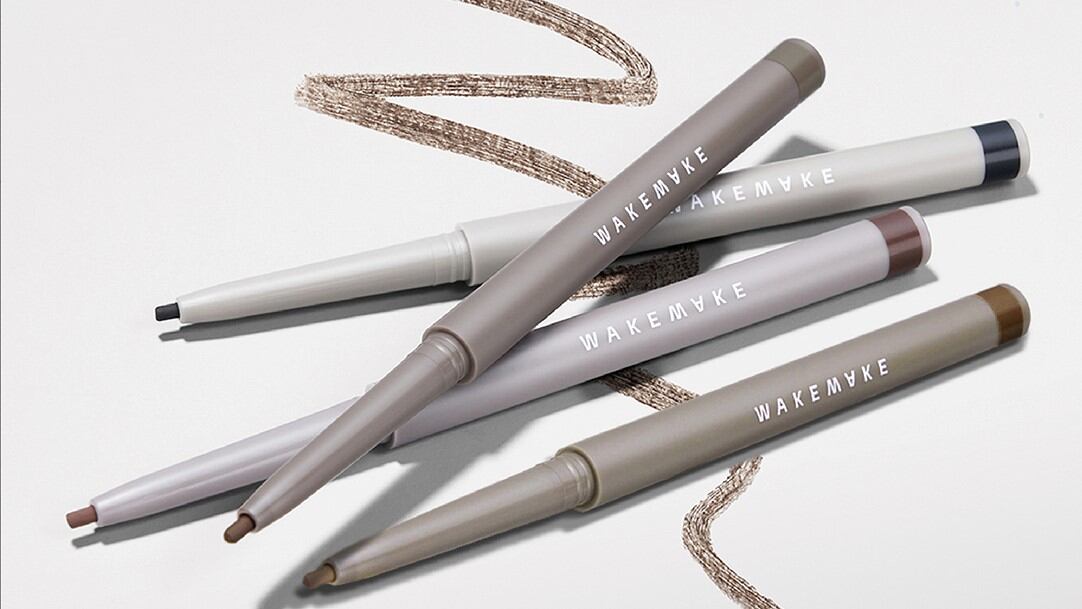A team of researchers from China determined through in vitro experiments that donkey milk had a potent inhibitory effect on melanin synthesis, tyrosinase activity, and related gene expressions.
“Donkey milk is considered to have the potential skin-whitening effect and may be supposed to develop as a safe potentially depigmented agent,” the researchers said.
The study also delved into the effects of donkey milk on UVB-induced skin barrier damage.
An experiment with mice showed that donkey milk could increase the thickness of the epidermis, suggesting that it provided a protective effect after UVB exposure by enhancing the structure of keratinocytes and the epidermal thickness.
The research shows donkey milk could be crucial in protecting keratinocytes against UVB injury.
Furthermore, it was found to restore skin barrier function by up-regulating the expression of filaggrin, which plays an important role in the skin's barrier function.
These findings have led the researchers to believe that donkey milk could protect the skin against sunburn and tanning damage.
Furthermore, a network pharmacology method was applied to investigate the interaction between donkey milk and UVB-induced skin injury. Meanwhile, an analysis of the melanogenesis molecular target network was developed and validated to predict the melanogenesis regulators in donkey i
“The pharmacological network of DM showed that DM regulated steroid biosynthesis and fatty acid metabolism in keratinocytes and 64 melanin targets which the main contributing role of DM might target melanogenesis, cell adhesion molecules, and Tumor necrosis factor pathway.”
The research concluded that these results highlight the potential use of donkey milk as a “promising agent” for anti-pigmentation and skin barrier protection applications.
This notion is further enhanced by the consumers’ increasing requirement for quality natural cosmetic materials in their products.
“Donkey milk is desirable for skin care cosmetics against UVB-induced skin barrier damage and melanin pigmentation,” said the study.
Main active components
If legends are to be believed, donkey milk has been used for cosmetic purposes for centuries, most famously by Cleopatra, who supposedly bathed in donkey milk.
According to previous research, donkey milk is similar to human milk in chemical components and organoleptic characteristics. Furthermore, no allergic reactions to donkey milk have been reported yet.
While donkey milk has been known to be beneficial to the skin, even sensitive skin, its effect on pigmentation and skin barrier damaged by UVB rays, were not studied till now.
The study determined that donkey milk was rich in cholesterols, fatty acids, vitamins, and amino acids.
Of the 16 amino acids identified, the most abundant were glutamic acid, aspartic acid, leucine, lysine, valine, and arginine, which accounted for over 66% of the total amino acids.




